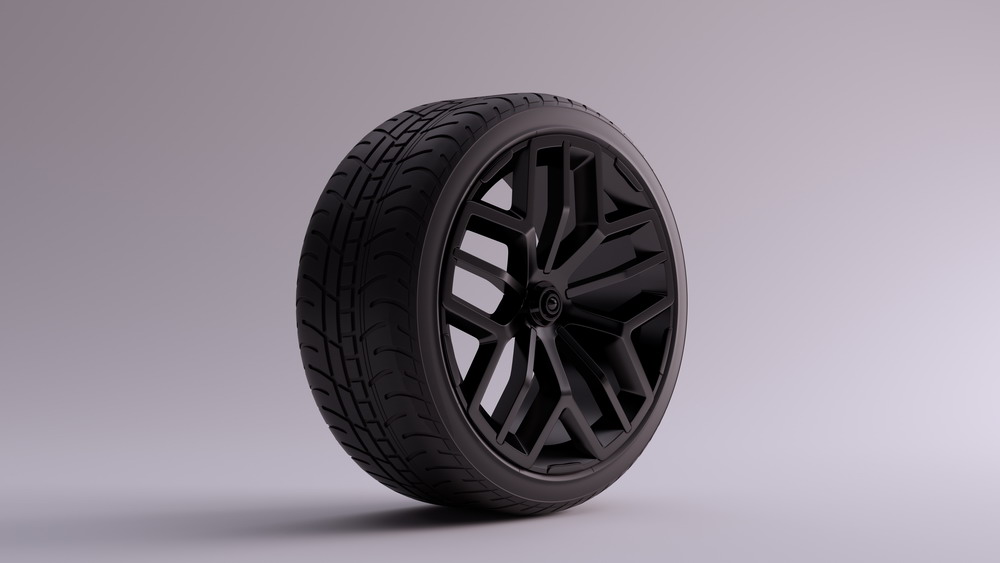
Automotive manufacturers from Ford to Lamborghini are zeroing in on carbon fiber to help them meet their performance goals. One of the hottest parts right now is the carbon fiber wheel. Ford has developed a set that can be added to the high-performance package for the Mustang GT350 and GT500 – if you can afford them.
To the uninitiated, carbon fiber may seem like nothing more than a material that looks extremely cool on a car. To engineers though, it is so much more. Carbon fiber is a drop-in replacement for steel and aluminum. Better yet, it is a replacement material that is both stronger and lighter, so using it to build high-performance wheels is a no-brainer.
Carbon fiber is undoubtedly more costly than aluminum and steel. When you’re building a high-performance car though, the extra cost is worth it. With that in mind, here are two reasons car makers want carbon fiber wheels:
1. Reduced Rotational Mass
In any car design, there is a certain amount of energy the engine must produce in order to move the wheels forward. This energy is represented as rotational mass. It is measured as the amount of torque necessary to propel a wheel. The less torque the better.
A carbon fiber wheel can weigh about half what an aluminum wheel weighs depending on how it’s manufactured. As Rock West Composites explains, lower weight translates into reduced rotational mass. In other words, a car’s engine has to work less to rotate a carbon fiber wheel as compared to an aluminum wheel.
What is the benefit? In addition to fuel savings, carbon fiber wheels increase performance. Reduced rotational mass increases horsepower and acceleration. It also improves braking inasmuch as the brake system has less mass to bring to a stop. All of this translates into a car that can go faster without sacrificing fuel efficiency or handling.
2. Less Unsupported Mass
A car’s wheels are considered unsprung mass because they are not supported by the suspension. They are essentially dead weight riding below the suspension. As such, reducing unsupported mass makes a car’s suspension more efficient. It reacts more quickly to changes in the road surface, be these potholes or a sloped grade.
What is the benefit here? Increased traction. When you reduce the amount of unsupported mass underneath the suspension, you improve the car’s grip. It hugs the road more easily because there is less dead weight interfering with the suspension’s operation. You can take turns more quickly, maintain traction during inclement weather, and so forth.
An added benefit of less unsupported mass underneath is that it gives a car’s suspension longer life. The suspension system doesn’t work as hard; thus, it lasts longer.
It’s All about Weight
Now you know why car makers want carbon fiber wheels they can afford. It’s all about weight. As strange as it sounds, reducing the weight of a car’s wheels has a lot of positive effects on overall performance. Carbon fiber wheels increase fuel efficiency, improve performance and handling, and make a car safer.
Now, if the composites industry could just bring down the cost. According to Car and Driver, the carbon fiber wheels for the Ford Mustang Shelby GT350 can run from $3500-$4000 each. A complete set will set you back $15,000. That is a lot of money to pay for a level of performance that you probably won’t find too much value in while driving on city streets. But if just knowing that you have better performance underneath you is your thing, maybe carbon fiber wheels are the way to go.



